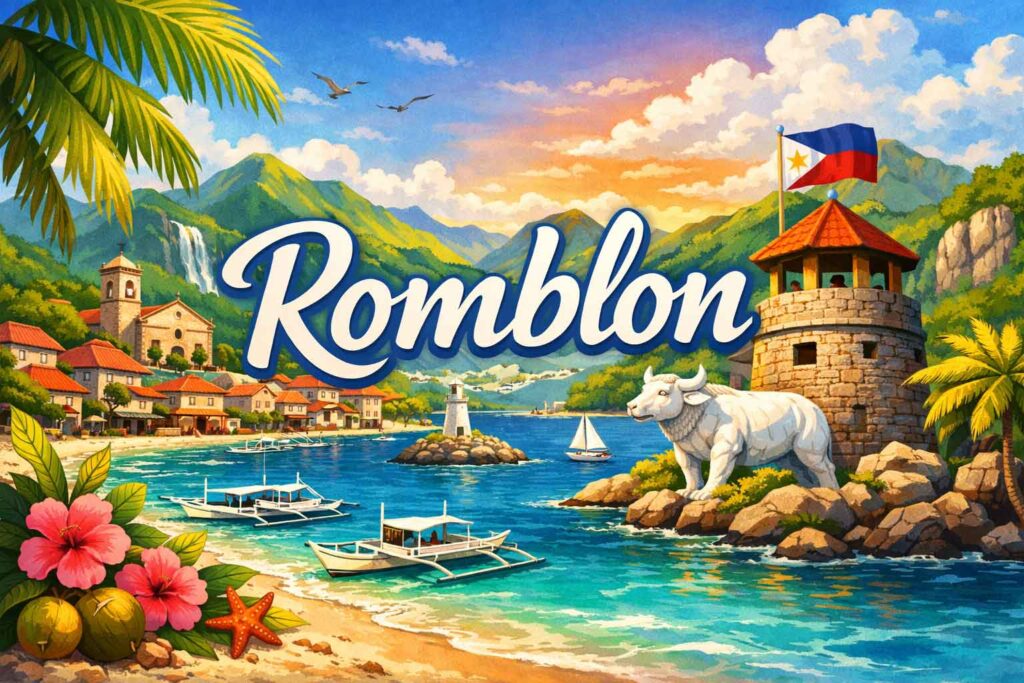Romblon’s “Love Potion” Sellers: Scam or Cultural Gem?
Across the islands of Romblon, whispers of romance and magic come alive through mysterious love potions—believed to attract affection, rekindle fading relationships, or charm a desired partner. These local sellers, often seen in markets or small coastal towns, have long been part of Romblon’s cultural fabric. But in today’s modern world, the question remains: are they scammers exploiting belief, or keepers of ancient tradition?
The History Behind Romblon’s Love Potions
In many parts of the Philippines, especially in Romblon, love potions—known locally as gayuma—have existed for centuries. Traditionally, they were made by local healers or herbalists using secret blends of herbs, oils, and natural essences.
For some, these mixtures symbolize faith in the unseen, an emotional remedy rather than a scientific one. Locals often say that love potions work best when made with sincere intention and prayer. Whether or not they truly create attraction, they reflect the deep connection between spirituality, love, and culture in Romblon’s history.
The Modern Love Potion Business
Today, Romblon’s love potion sellers have adapted to modern times. Bottles once exchanged in hushed tones are now sold openly in markets, souvenir shops, and even online. Some vendors describe their products as purely symbolic—tokens of affection rather than magic formulas.
Others, however, make bold promises: instant love, faithfulness, or reconciliation. This is where skepticism begins. Many visitors wonder whether these sellers are preserving heritage or simply profiting from hopeful hearts.
Scientific vs. Psychological Viewpoint
From a scientific perspective, love potions have no chemical power to induce love. Scientists explain that attraction comes from emotional and biological responses—not from oils or herbs. But psychologists point out something deeper: belief itself can influence behavior.
When someone believes a potion will help them win affection, they may act more confidently, more attentive, and more loving—creating real emotional changes, even without any magical ingredient.
This makes Romblon’s love potions a fascinating blend of psychology, faith, and tradition, not easily dismissed as fraud.
Between Faith and Folklore
For Romblon’s locals, selling love potions isn’t merely business—it’s a living expression of culture. These sellers see themselves as part of a spiritual lineage, keeping old beliefs alive amid modernization. Even if outsiders see them as scams, many islanders view them as storytellers, healers, and symbols of hope.
Their craft continues to attract tourists, curious travelers, and believers alike, adding a touch of mystery to Romblon’s identity.
Exploring Romblon’s Magic and Beauty
Romblon is more than folklore and potions—it’s an island that blends myth, nature, and tradition. As you explore its shores, don’t miss Bonbon Beach island-hopping details here (https://romblonparadise.com/bonbon-beach/), a spot where the beauty of the sea rivals the island’s magical charm.
Conclusion: Scam or Cultural Treasure?
Whether viewed as superstition, psychological comfort, or cultural expression, Romblon’s love potion sellers remain an unforgettable part of local life. They represent the island’s ongoing dialogue between belief and reality, faith and commerce, and tradition and modernity.
In the end, perhaps the true magic lies not in the potion—but in the stories, emotions, and hope they continue to inspire.


